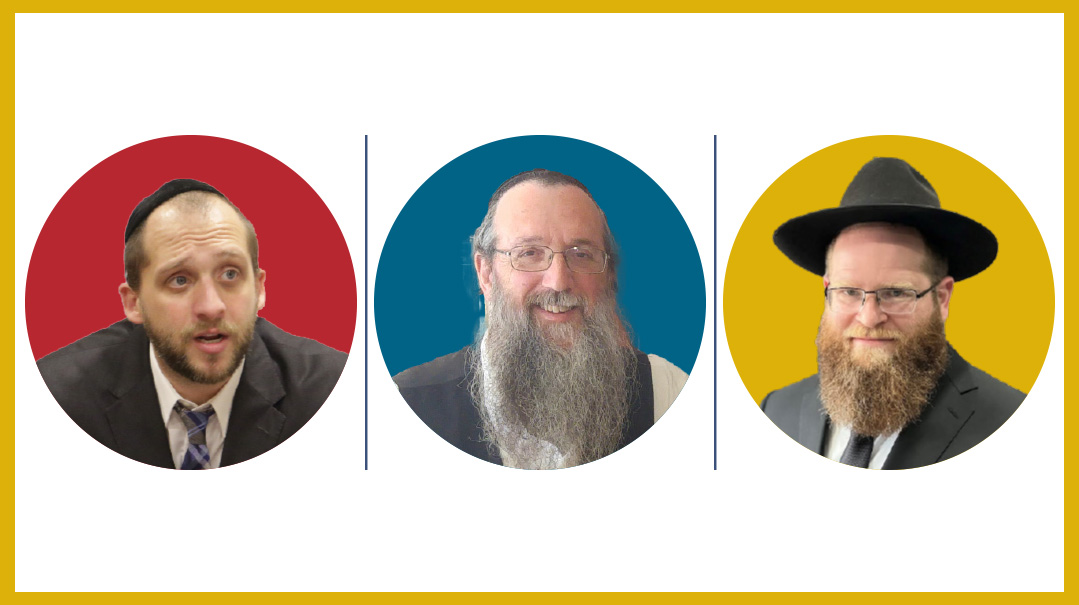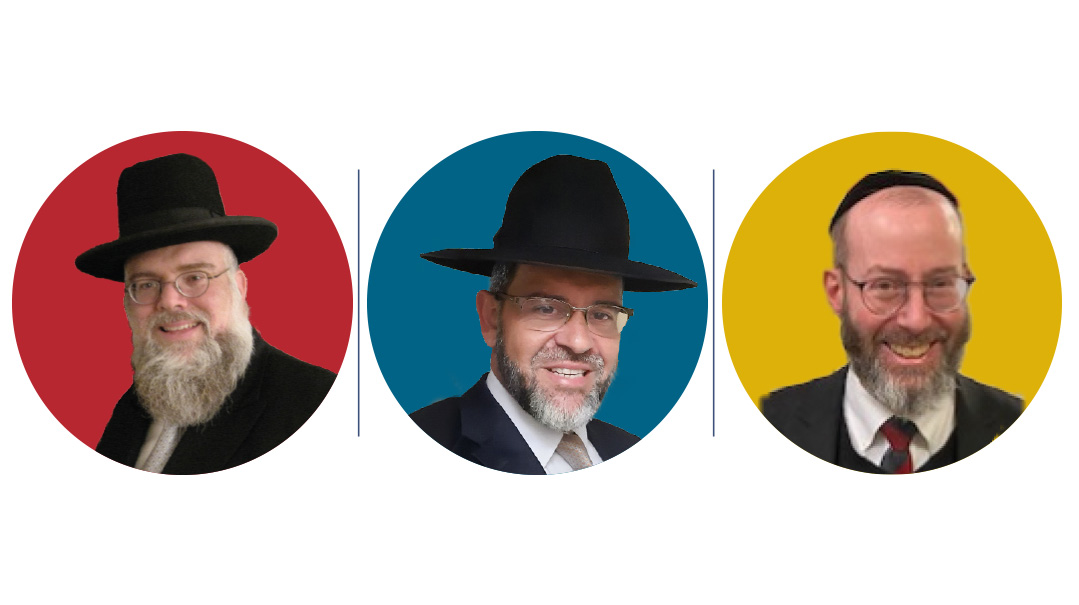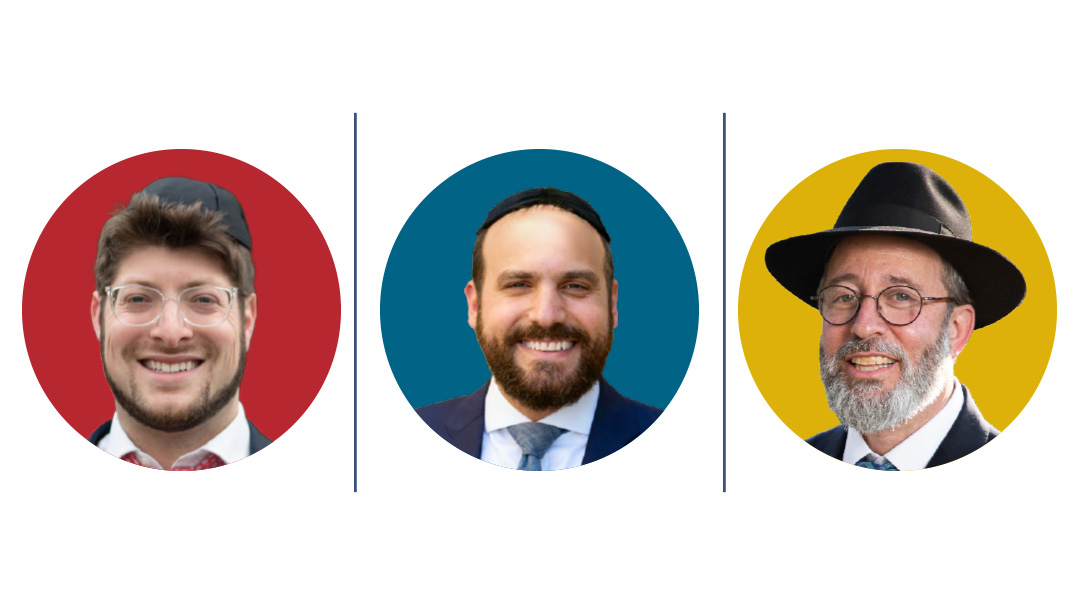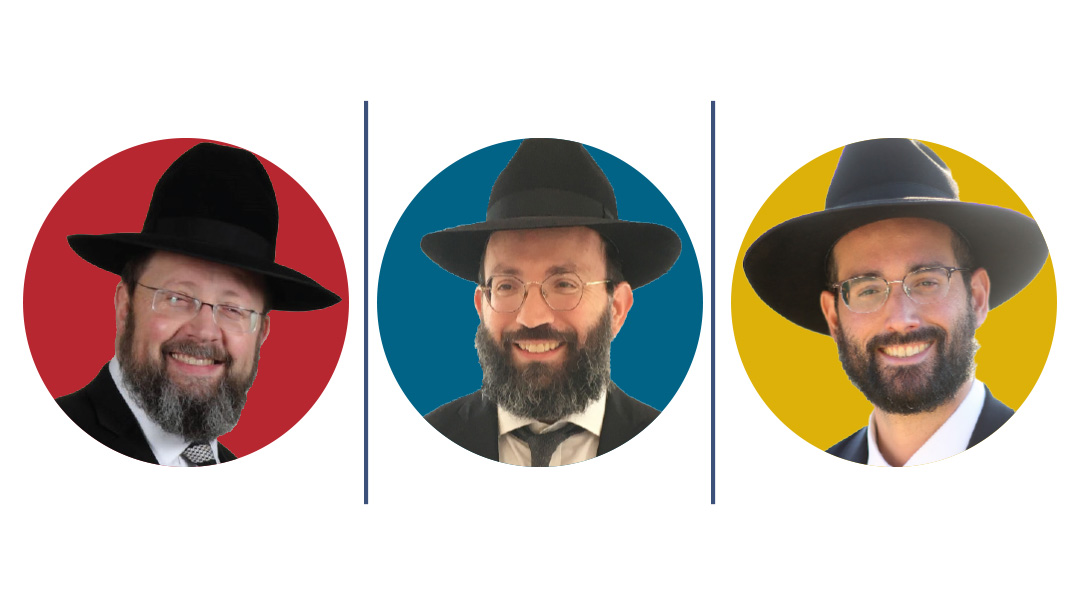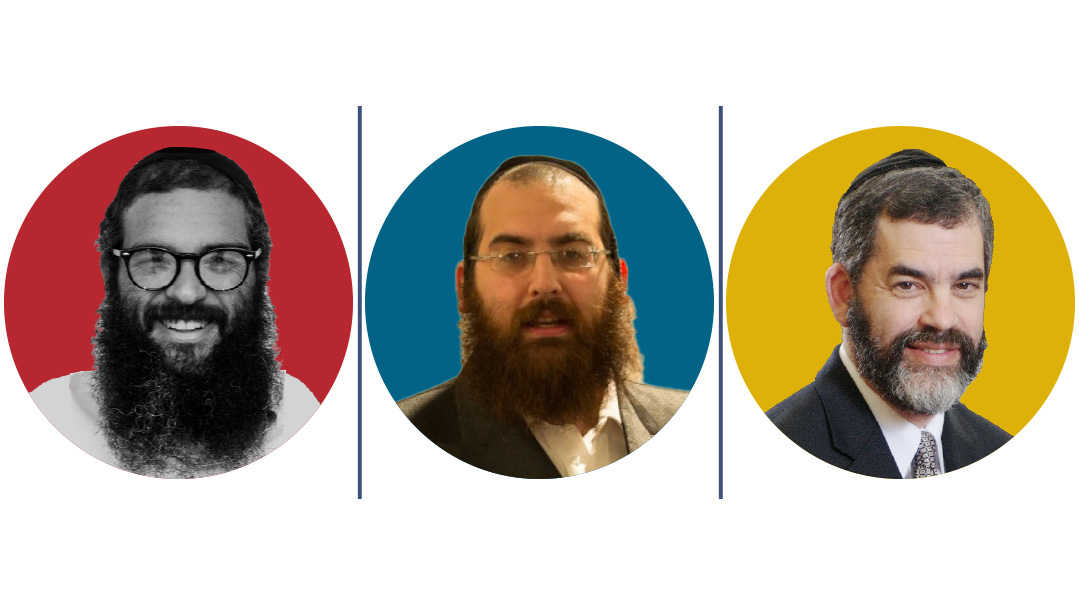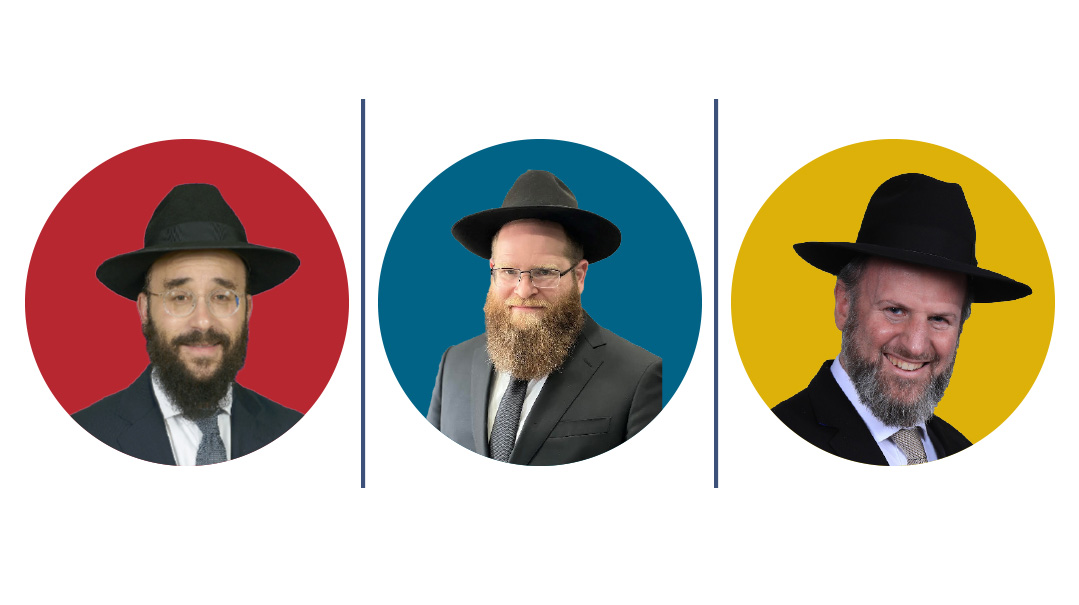The Claim: “A Large Seder Shortchanges Both Parent and Child”

"Our starting point should be that we want to have guests; can we do it without our children losing out?"

The claim:
“A father leading his own Seder is the most powerful chinuch experience of the year. A large Seder for extended family or multiple guests shortchanges both parent and child.”
Rabbi Bentzion Klatzko
This hits home for me in a very personal way. We were blessed with 11 children and many grandchildren and we want them to experience the beauty of a Pesach Seder. I also am very passionate about inviting guests — so much so that I created shabbat.com to encourage others from all over the world to invite people to their homes.
At first glance, it seems like the day’s charges are mutually exclusive. We have the mitzvah of “v’higadeta l’vincha,” which seems like Hashem wants us to focus on our children. But we also say in the Haggadah, “Kol difchin, yesei v’yeichol” — the Korban Pesach was eaten in groups so no one would be left alone. It must be possible to do both.
“V’higadeta l’vincha” is definitely the priority — our job on Pesach is to relay the story of Yetzias Mitzrayim to our children. This is the continuation of our mesorah. So if it comes down to one or the other, the children come first. But I think it’s important not to automatically assume that hosting will take away from our children; having guests could be the greatest lesson to our children if done properly. Our starting point should be that we want to have guests; can we do it without our children losing out?
Speak with your children about having guests. See if they have any resentment toward sharing their space, attention, etc. It’s important to talk to children about the mitzvah of hachnassas orchim and gauge if they are excited about it. My children would be so disappointed if we didn’t have any guests, and my compromise is to have one Seder with just family and one Seder with many guests.
Even when we have guests, though, my children sit around me and are the priority of the Seder. If I see that one of the guests is dominating the conversation, I politely tell him that our Seder will focus on the children and that during Shulchan Orech, we can discuss his questions.
I think it’s also important to stay alert during the Seder to see if our children are zoning out more than they would have been otherwise, or if they’re leaving the table at points where they would otherwise be engaged. That’s a sign that it’s time for you to reevaluate.
Rabbi Benzion Klatzko has extensive experience in both congregational and kiruv settings and is the founder of Shabbat.com. He currently serves as national director of college outreach for Olami, and is also an author, cantor, music producer, mohel, and Judaica art collector.
Rabbi Zecharya Greenwald
AS with everything in life, circumstance and context play an important role in our evaluation of a situation.
As a seminary principal for the past 23 years and as a rosh yeshivah for the preceding 12 years, we’ve always had many guests at our Yom Tov meals, including the Seder. Between guests and family, we could easily have 35 to 50 people around the table.
Fifteen years ago, I had a watershed experience that taught me the two sides of the dilemma proposed herein.
I was speaking with an 11-year-old child of ours. I said something about Pesach, and he blurted out, “I hate the Seder.”
My stomach churning with panic, I calmly asked him what it was about the Seder that he so despised. His answer completely changed the way I run my Sedorim since.
“All the adults are talking for hours about things I don’t understand,” he said, “and it takes so long.”
I sat for a long time after that considering how to revamp our Seder, and came up with several ideas. I bought all kinds of props, and prepared questions for the children with prizes and raffles. We changed the “seder” of when we speak about the more difficult questions and finer insights to the meal instead of Maggid.
But the most significant change was my announcement to all adults and guests, once upon inviting them, and again before the commencement of the Seder.
“Tonight is the most powerful chinuch experience of the year,” I say. “You are invited to be present and there will be times when I will include everyone. However, the focus of this Seder is the children and grandchildren for whom this is their time. If you have something special to contribute, we will hear and discuss it during the Shulchan Orech.”
We have found our Sedorim of the last 15 years, still with many guests, to be far more inspiring and effective than ever before.
Rabbi Zecharya Greenwald is a world renowned educator, author (Preparing your Child for Success –ArtScroll) and lecturer. He founded Darchei Shalom Educational Center, an alternative High School for boys at risk in Israel 31 years ago. 21 years ago he founded and is currently the Dean of Me’ohr Bais Yaakov Teacher’s Seminary in Yerushalayim.
Rabbi Shimon Gruen
Just hearing the question makes me cringe. Let me explain.
I was probably asked to weigh in as a chinuch consultant, but being involved in shalom bayis cases and family conflict situations on a daily basis, I’ll take a bit of a different approach.
When dealing with these issues, you get to learn the patterns. And one of the saddest patterns I see are potentially happy times becoming causes of stress. One of the common unfortunate patterns that every professional deals with is the transformation of Yamim Tovim into the most unpleasant times of the year.
As with every family argument, there’s merit to both sides of the claim. Otherwise, there wouldn’t be what to debate about. And of course, the proper approach to how or where to have a Seder isn’t one-size-fits-all, or something everyone agrees on. That’s why people get stuck.
That said, the most important thing to consider in this sort of “debate” is what this argument or discussion is doing to you, and your family. How is it affecting you in the big picture?
There are many ways to decide what to do practically — whether it means learning how to discuss the topic respectfully; switching off between larger Sedorim (whether hosting guests or attending a multi-family Seder) and keeping the Seder exclusive to immediate family; or knowing whom to turn to for clarity and guidance. But don’t debate these things in a way that you follow the pattern of people who lose out on opportunities presented by the calendar, the life cycle, and family life, and replace them with arguments and hard feelings.
When debating any topic, especially those we are passionate about, it’s important to remember that being right doesn’t make you successful, proving a point doesn’t make you happy, and controlling an outcome doesn’t make you loved or respected. And you know what else? Making the most “correct” chinuch moves doesn’t guarantee your children will benefit the most. There’s so much more to it.
Aside from arguments being damaging due to the emotional and interpersonal strain they cause, it would be silly to steer entirely one way or the other in regard to almost any topic people argue about.
Take this particular debate: Of course a Seder at home is a wonderful opportunity. For many it definitely is the number one chinuch opportunity the year provides. No question. But is that the case for everyone? Is every father ready, willing, and sometimes even capable of truly maximizing this opportunity? Is a Seder at home with the immediate family always better than an extended family sitting together once a year hearing Sipur Yetzias Mitzrayim from the family patriarch (especially a Holocaust survivor, for those who are still zocheh to sit with one)?
Aren’t there many details, dynamics, and factors that come into play? The “but this is the best way to do it” attitude can actually be very wrong.
Let’s not get black and white when discussing topics like these. Let each family realize what works best for them when it comes to Seder night, while remembering that the underlying attitude and approach used while making decisions will affect their family, their happiness, and the rest of the year.
Rabbi Shimon Gruen is the founder of Leha’ir. He offers classes, workshops, teleconferences, and one-on-one counseling to teach his unique methodology for understanding relationships; and practical tools for shalom bayis, classroom management, effective teaching, and success in the workplace. He is the author of Get Along with Everyone and The Fragile Factor, and his lectures are available on TorahAnytime.com.
(Originally featured in Mishpacha, Issue 907)
Oops! We could not locate your form.

